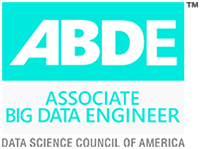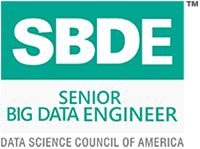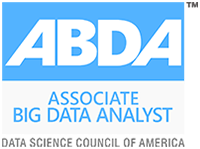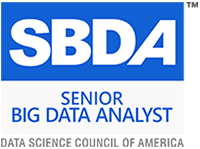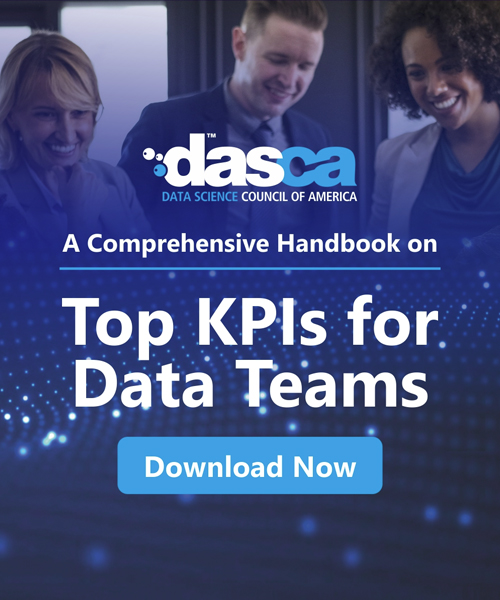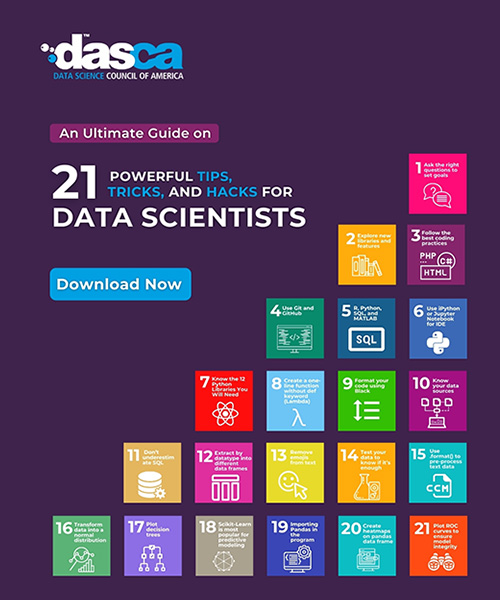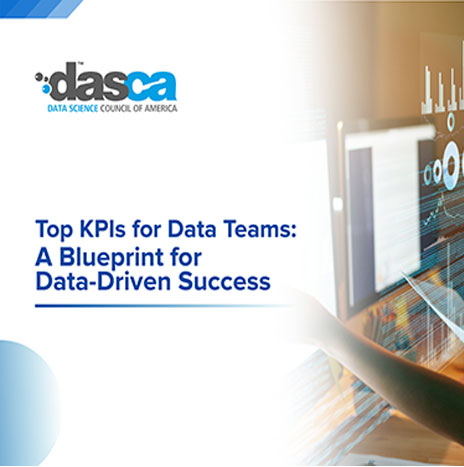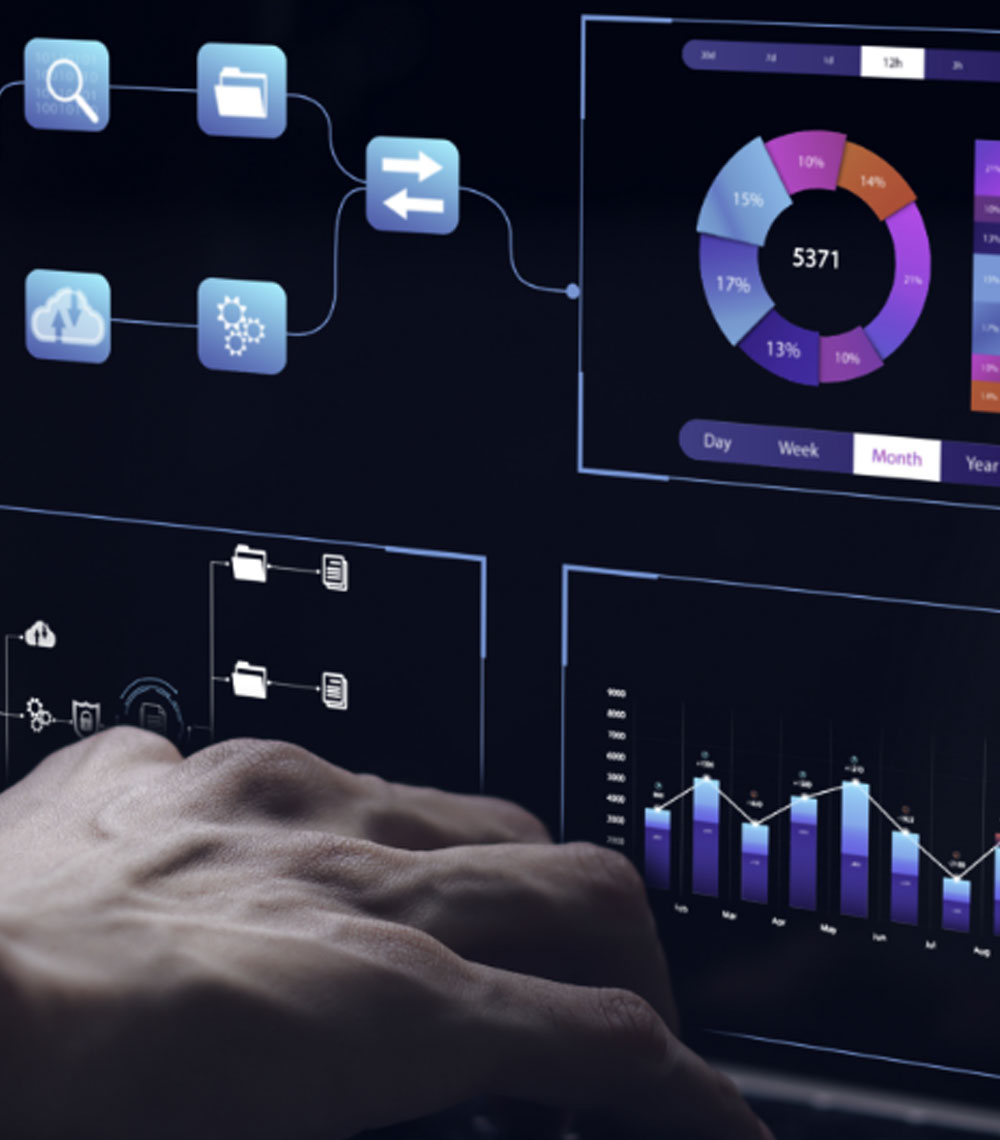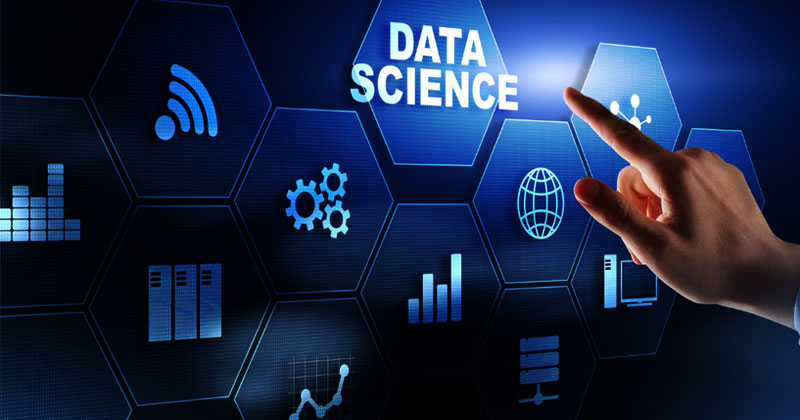
The global data science platform market reached a valuation of USD 95.3 billion, with a projected compound annual growth rate (CAGR) of 27.7% from 2021 to 2026. The anticipated revenue for 2026 is forecasted at $322.9 billion— big data has exploded in popularity.
Today, data is everything. And harnessing the power of data is no longer a luxury but a necessity for staying competitive. The increased adoption of cloud-based solutions has made the role of data science increasingly vital for businesses striving to gain a competitive edge. As data scientists navigate the intricate landscape of data, the tools they employ play a pivotal role in extracting meaningful insights. In this blog, we delve into the significance of data science tools, the criteria for selecting them, and highlight some of the top tools that empower data science professionals.
What is The Role of Data Science Tools?
Data science tools serve as the foundation for extracting, processing, analyzing, and visualizing data. They provide data scientists with the necessary instruments to uncover patterns, make predictions, and derive actionable insights. These tools come in various forms, from programming languages and libraries to specialized platforms designed for specific tasks. Which makes it the strategic choice to delve into data science becomes even more apparent. Beyond this overarching rationale, there are specific and compelling reasons why data scientists, as data science professionals, should embrace their expertise and integrate data science tools into various professions:
- Fraud Prevention: Data scientists can discern anomalous data patterns and establish methodologies to predict and prevent fraudulent incidents effectively.
- Informed Decisions: The availability of accurate and valuable data empowers management to make well-informed decisions, enhancing the likelihood of success in various endeavors.
- Enhanced Customer Experiences: Businesses armed with pertinent and applicable data about their customers can significantly improve the customization of individual consumer experiences. This leads to more tailored and satisfying interactions for customers.
The digitization of numerous aspects of life underscores the logical choice of delving into data science. The emergence of ChatGPT has led to increased integration with GPT-3.5 and GPT-4 models, enhancing the capabilities of data science tools. The incorporation of AI-supported tools has streamlined the data analysis process for data science professionals.
It's important to note that data science tools are versatile, not confined to a singular function. They offer additional capabilities to perform advanced tasks and contribute to the overall data science ecosystem.
5 Criteria for Selecting Data Science Tools
Choosing the right data science tools is crucial for the success of any data science project. Several factors should be considered when making these decisions:
- 01. Functionality: Ensure that the tools align with the specific needs of the project. Different tools excel in various aspects of the data science process, so choosing tools that complement each other is essential.
- 02. Scalability: As datasets grow, scalability becomes a critical factor. The selected tools should be able to handle increasing volumes of data without compromising performance.
- 03. Ease of Integration: Seamless integration with existing systems and databases is vital for a smooth workflow. Look for tools that support popular data formats and can easily connect to various data sources.
- 04. Community and Support: A vibrant community and strong support from the tool's developers are valuable resources. A large community indicates a tool's popularity and ensures a wealth of resources, tutorials, and plugins.
- 05. Cost: Evaluate the total cost of ownership, including licensing fees, hardware requirements, and any additional expenses. Choose tools that align with the available budget while delivering the required functionality.
Popular Data Science Tools
Navigating the multitude of data science tools in the market can be overwhelming. To simplify the process, here's a breakdown of 9 top data science tools, highlighting their functionalities to ease your approach to handling data science challenges.
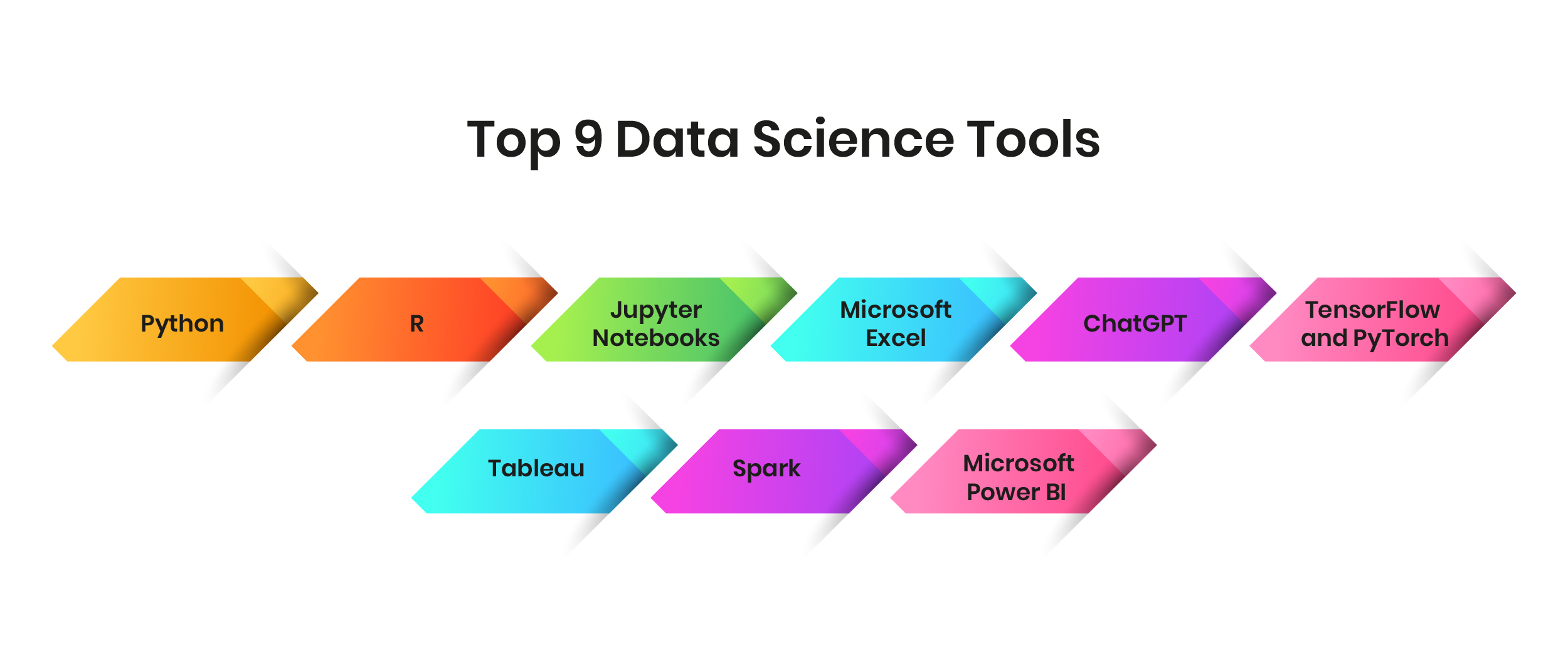
- 01. Python: Python stands out as a versatile programming language, making it a favorite among data scientists. Its extensive libraries, including NumPy, Pandas, seaborn, and scikit-learn, empower data professionals to efficiently manipulate, analyze, and implement machine learning algorithms. Python's readability and simplicity further enhance its appeal in the data science realm.
- 02. R: Renowned for its prowess in statistical computing and graphics, R is a valuable tool in data exploration, visualization, and statistical modeling. Widely embraced by data scientists, R facilitates in-depth analysis and interpretation of data, making it an integral part of the data science toolkit.
- 03. Jupyter Notebooks: Jupyter Notebooks provide an interactive and collaborative environment, making them indispensable for data scientists. These notebooks support coding, data visualization, and documentation, fostering collaboration and effective communication of insights among professionals in the field.
- 04. Microsoft Excel: While not exclusively a data science tool, Microsoft Excel remains a popular spreadsheet tool employed by data scientists for data cleaning, sorting, and filtering. Its fundamental statistical and visualization features provide a familiar and accessible platform for certain data analysis tasks.
- 05. ChatGPT: ChatGPT is an AI-powered tool designed for diverse data science tasks. It can generate and execute Python code, produce comprehensive analysis reports, and boasts plugins for research, math, statistics, automation, and document review. Notable features include DALLE-3 for image generation, a browser with Bing, and ChatGPT Vision for image recognition.
- 06. TensorFlow and PyTorch: Deep learning frameworks like TensorFlow and PyTorch play a pivotal role in developing and deploying machine learning models, particularly in the domain of neural networks. These frameworks empower data scientists to tackle complex tasks in areas such as image recognition, natural language processing, and more.
- 07. Tableau: As a robust data visualization tool, Tableau enables data scientists to create interactive and shareable dashboards. This capability is crucial for effective communication of insights within organizations. Tableau's user-friendly interface and powerful visualization features make it a go-to tool for data professionals.
- 08. Spark: Spark emerges as an open-source, rapid, and scalable tool for large data processing. Its utility extends to data mining and machine learning, making it an essential component of the data science arsenal. Spark's efficiency in handling vast datasets positions it as a valuable asset for data scientists dealing with big data challenges.
- 09. Microsoft Power BI: In the realm of business intelligence, Microsoft Power BI takes center stage. This tool facilitates data gathering, analysis, and presentation, providing a comprehensive solution for organizations seeking to draw meaningful conclusions from their data. Data scientists leverage Power BI to enhance decision-making processes within businesses.
Importance of Data Science Tools in Businesses
Data Science Tools play a vital role in enhancing business capabilities by enabling data scientists and data science professionals to efficiently extract, process, analyze, and visualize data. Thus, the adoption of data science tools is not merely a trend; it's a strategic imperative for businesses. Here's the detailed reason why:
- Informed Decision-Making: Data science tools empower businesses to make informed decisions by providing insights derived from data analysis. This, in turn, enhances strategic planning and resource allocation.
- Predictive Analytics: By leveraging machine learning models, businesses can predict future trends, customer behavior, and market dynamics, allowing for proactive decision-making.
- Problem Solving: Data Science tools facilitate the extraction of valuable insights by applying computer science, statistics, and predictive analytics. This is essential for solving real-world problems faced by businesses.
- Workflow Efficiency and Automation: Data science tools automate repetitive tasks, allowing data scientists to focus on higher-value activities. Thus, accelerating workflows by seamlessly integrating data from diverse sources and implementing various algorithms and techniques. This streamlines the process of acquiring and analyzing business data.
- Speeding Up Decision-Making: Businesses can leverage data science tools for faster decision-making. Real-time data monitoring and increased flexibility provided by these tools contribute to swift and informed decision processes.
- Competitive Advantage: Organizations that effectively harness data science tools gain a competitive edge. They can respond more swiftly to market changes, optimize operations, and deliver personalized experiences to customers.
- Customer Understanding: Data science tools enable businesses to gain a deeper understanding of their customers. This insight helps in tailoring products and services to meet customer needs, ultimately improving customer satisfaction and loyalty.
Conclusion
From Python and R to advanced machine learning frameworks, the array of data science tools available today is evident that a standout feature shared by these tools is their user-friendly interfaces with built-in functions for efficient data computing. This not only streamlines operations but also minimizes the code required to extract value from data resources, catering to the end-users' needs. Empowering data science professionals to unlock the full potential of data. In conclusion, investing in and mastering the use of these tools is not just a choice; it's a strategic imperative for businesses aiming to thrive in the data-driven future.






